
Recommendation
This episode of You Are Not So Smart explores research in social psychology that suggests, well, maybe you are. Tom Stafford, a University of Sheffield psychologist, delves into his research showing people have more intelligence than they get credit for – it just takes the right context to make their smarts operational. Stafford explains to host David McRaney exactly what that context is, and how computer scientists are working to bring it to online interactions.
Summary
About the Podcast
Cognitive scientist Tom Stafford studies learning and decision-making at the University of Sheffield. He is the author of Mind Hacks and For Argument’s Sake. The You Are Not So Smart podcast explores humans’ unwarranted confidence in their own reasoning, perception and motivation, and is inspired by host David McRaney’s best-selling book of the same name. McRaney is also the best-selling author of How Minds Change.


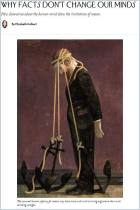
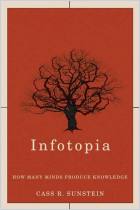
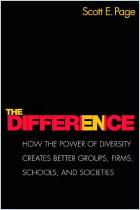

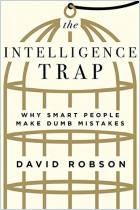
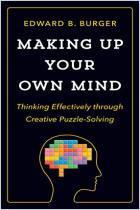


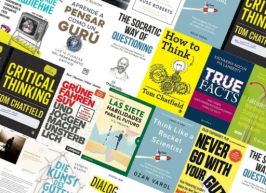


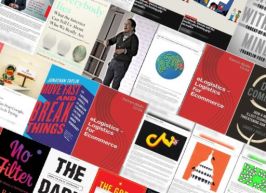







Comment on this summary